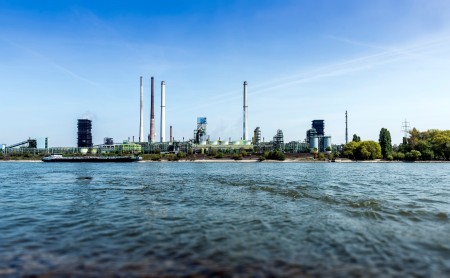Trade press, 2024-06-13, 09:00 am
Science Based Targets initiative validates thyssenkrupp Steel's ambitious climate targets
Duisburg, 13 June 2024. thyssenkrupp Steel has taken a further important step in the direction of sustainable development: the company has had its climate targets validated on the basis of the guidelines of the Science Based Targets initiative (SBTi). thyssenkrupp Steel is one of the first steel producer to have had its climate targets reviewed on a scientific basis and assessed as being in line with the 1.5-degree target of the Paris Climate Agreement – both in terms of the short-term target 2032 as well as the net zero target 2045 according to SBTi. SBTi is a global initiative that supports business enterprises in setting science-based targets aimed at reducing greenhouse gas emissions, and which are in-keeping with the state of the art in climate science. thyssenkrupp Steel has set itself the goal of reducing greenhouse gas emissions to net zero by 2045 at the latest.
The "Science Based Targets initiative" is backed by the organizations CDP, United Global Compact, World Resources Institute (WRI) and World Wide Fund for Nature (WWF). It offers companies an independent, transparent, and acknowledged assessment procedure for climate targets. This helps toward limiting global warming to a maximum of 1.5 °C, as envisaged by the Paris Agreement, and supports companies in achieving their net zero targets.
thyssenkrupp Steel is pursuing an ambitious transformation path. This embraces, among other things, the development of hydrogen-based steel production, which will enable a significant reduction in CO2 emissions. With this validation, thyssenkrupp Steel is making its methods and measures toward reducing greenhouse gas emissions transparent across the entire value chain, thus reaffirming its commitment to achieving the set climate change mitigation targets.
Over 5,000 companies worldwide have already had their climate targets validated by the SBTi. This is of particular relevance for emissions-intensive industries that have a crucial impact on the global climate. For thyssenkrupp Steel, this opens the opportunity to be among the first steel producers to commit to the 1.5 °C target and to further consolidate its pioneering role in the industry.






